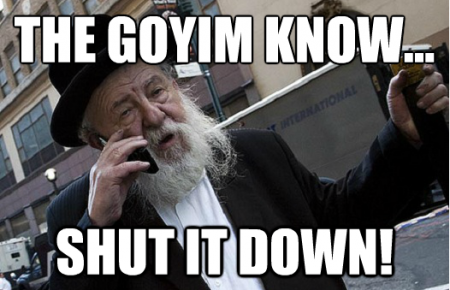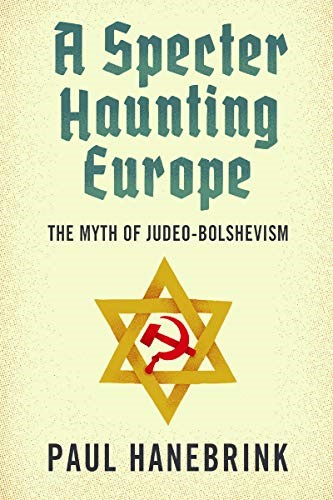A Specter Haunting Europe: The Myth of Judeo-Bolshevism
Paul Hanebrink
Harvard University Press, 2018.
The writing and discussion of Jewish historiography in contemporary
mainstream academia requires a sublime choreography. It’s basically a
series of evasions resembling dances, in which facts are presented and
parried, and flamboyant narratives are advanced which everyone knows to
be false but which emerge repetitively and shamelessly. My attention was
first drawn to Paul Hanebrink’s
A Specter Haunting Europe: The Myth of Judeo-Bolshevism by Christopher Browning’s recent
glowing review, titled “The Fake Threat of Jewish Communism,” in the
New York Review of Books.
Browning is an establishment historian with a record of legally
assisting Jews — for the right price. As well as receiving over $30,000
from Deborah Lipstadt to testify against David Irving, Browning has
testified against a significant number of European ex-soldiers at war
crimes trials. Although his most notable work,
Ordinary Men: Reserve Police Battalion 101 and the Final Solution in Poland (1992),
contains the less than remarkable thesis that war turns ordinary men
into killers, Browning’s dedication to the Jewish narrative has led to
his becoming a true guru of Jewish victimology. Having received awards
and funds from organizations including Yad Vashem and the USC Shoah
Foundation Center and copious promotion in mainstream media and
academia, Browning’s certificate of praise in the field is potentially
career-making. Evidently, he has chosen to bestow his magic touch on
Paul Hanebrink. In this essay I want to explore the approach of both
Browning’s review and Hanebrink’s text as exercises in the manufacture
of duplicitous histories.





